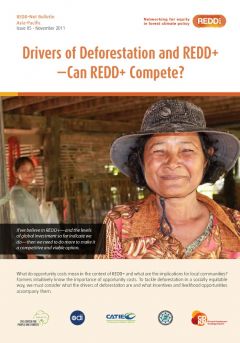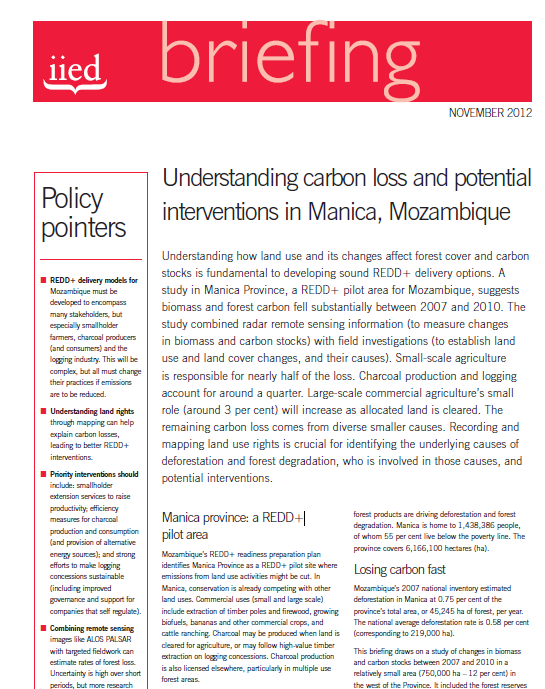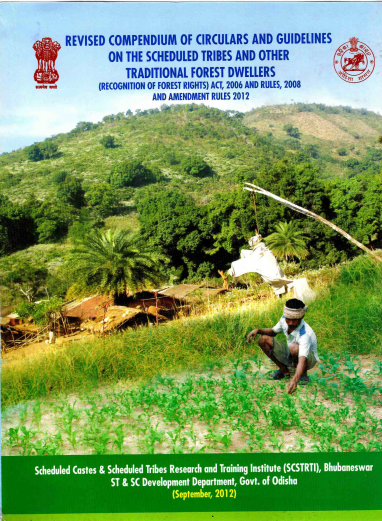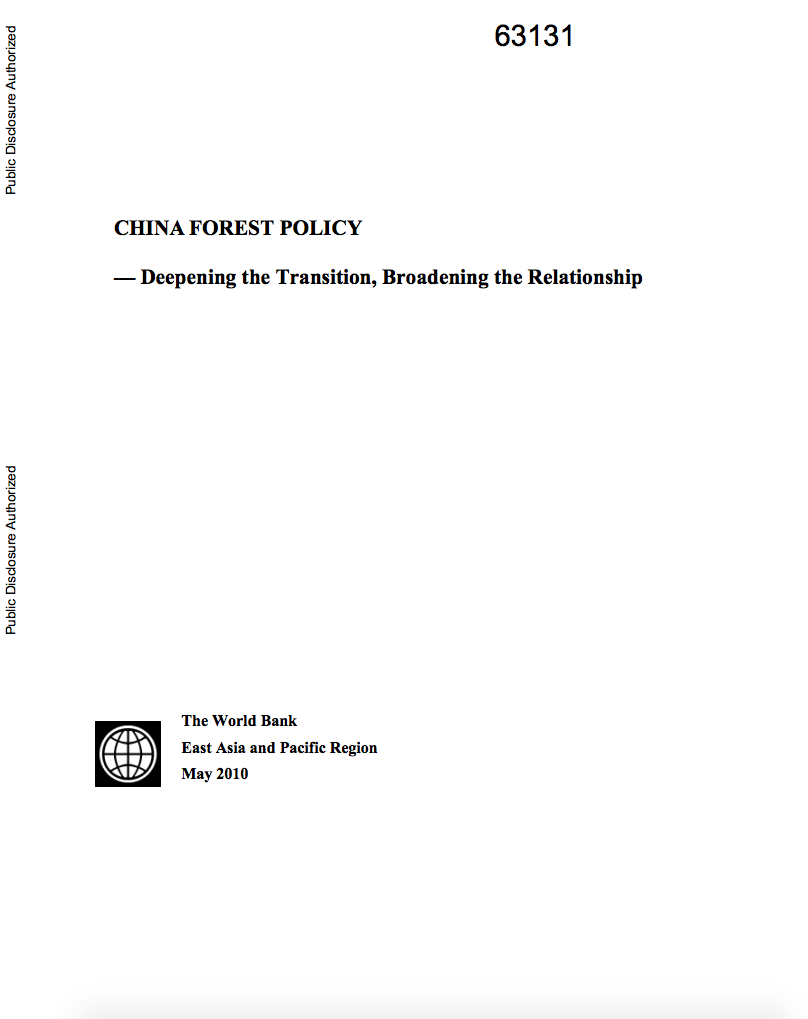Desire for Greener Land. Options for Sustainable Land Management in Drylands
Humankind currently faces interconnected, worldwide challenges of feeding our rapidly growing population while simultaneously preserving our natural resource base, adapting to climate change, and creating or maintaining favourable living conditions for present and future generations. The world’s population is growing exponentially. It is expected to rise from seven to more than nine billion people in the next few decades.








